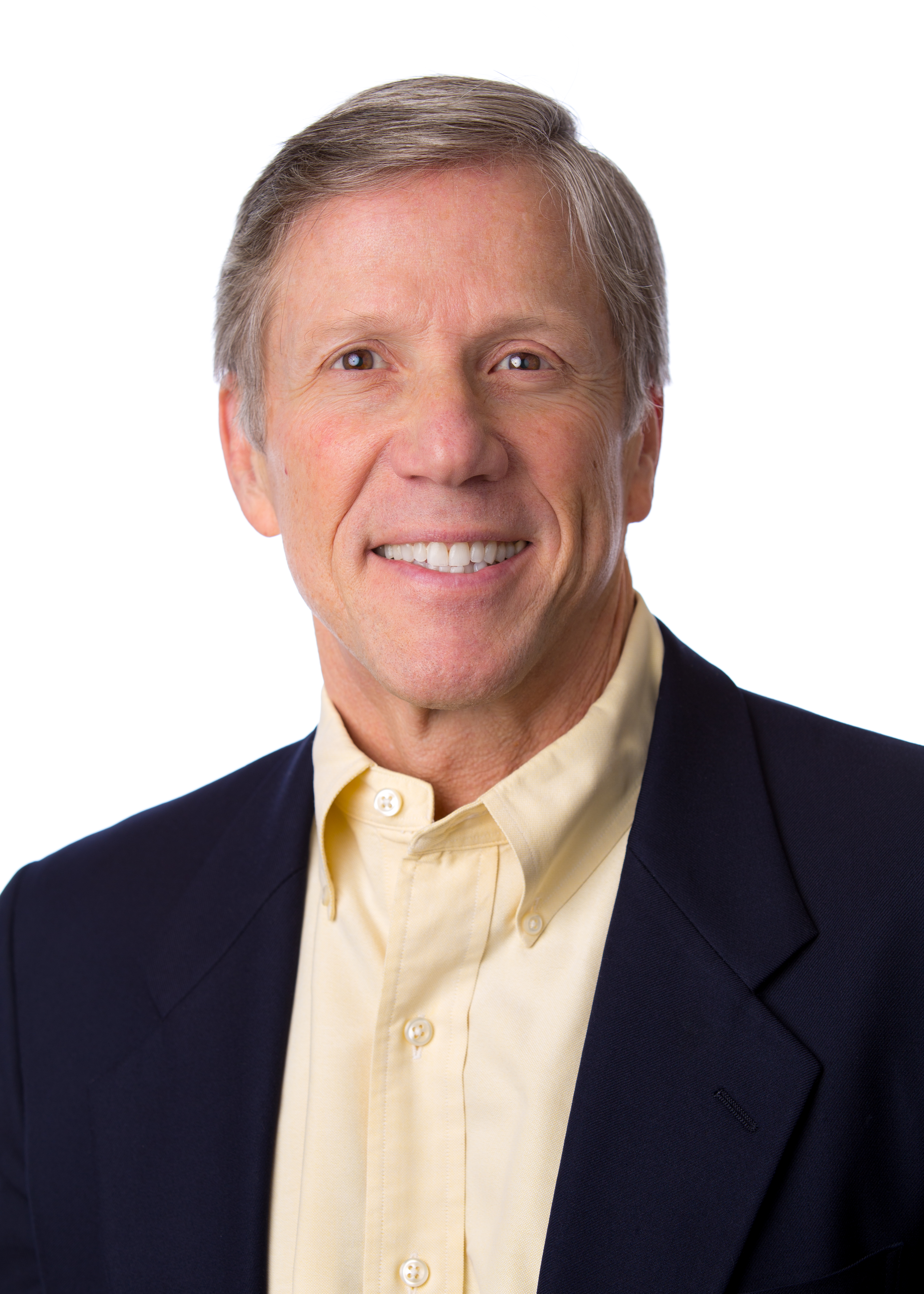Back in 1988, I wrote a book, Don’t Sweat the Small Stuff: P.S. It’s All Small Stuff. What I didn’t realize then was that—while I was right for creating a calm, peaceful, healthy life—NOT sweating the small stuff was wrong for creating a business. Read on and see what I mean.
If Ken Blanchard, author and business consultant, belonged to your gym, would he be able to call your customer service program an exemplary model that creates what he calls raving fans?
Do you know what I mean by your customer service program? Do you know what raving fans are? Do we need to talk about the lifeblood of your club, gym, or spa?
It’s good, old-fashioned customer service and yes, in today’s competitive fitness world, with every imaginable alternative—from free outdoor boot camps, to no-contract, no-commitment, low-cost slimmed-down gyms, to free classes at fitness clothing stores—it’s time to do more than just put a smile on front desk personnel, which is there until you turn away.
Consistency, answering the phone, being a great communicator, doing your fitness research, and even tracking the success of Groupon sales may all be necessary, but they are not sufficient when it comes to putting on the full-court press in terms of powerful, business-growing know-how-WOW.
It’s been said that a good salesperson can sell someone a gym membership, but it’s the quality of every detail, every nuance, every repair in your club that sends your members home feeling thrilled—chatting and posting about how great their gym is, and coming back as raving fans with friends to join their gym.
How do the top-tier pros do it? How do they form these business-boosting relationships? Here is what I’ve found that they do: they sweat the small stuff!
1. Never ever be satisfied with “customer satisfaction.” If they are satisfied, then you don’t be. Think instead, “they are just satisfied.” To leap ahead of your competition, you want them to be “ravingly satisfied” and entirely devoted to your gym and the services you offer. Only by over-offering will this happen.
2. Make your entire focus on your guests—oops, I mean members. In fact, find out what your members focus on and make their focus your driving force—one that you never ever take your mind off of. Don’t rely on anything short of a well-communicated system and a rock-solid “member is king” organizational culture to insure this unrelenting focus, so that every member of your staff is passionate about “the king’s focus” as well.
3. Ignore the unmistakable power of perception at your own business peril. If you aren’t obsessed with the smallest details of your gym, someone else reading this will be obsessed with the smallest details of his/her gym. And guess where your guests—ugh, there I go again, I mean members—will be working out next week? Stained carpet? Burnt out light bulb? Exercise machine computer display acting weird? Toilet not working properly? Weights left lying around instead of properly stacked? Sloppy counter? Old, torn magazines strewn around? Trainers not consistent in delivering a message of friendliness?
These telltale signs of “broken windows” are everywhere except at the finest gyms. If you read this and feel defensive, annoyed, bothered that you have to pay attention to “silly details” and pesky, complaining, unhappy, or “just satisfied” members, I suggest the fitness industry will leave you in its dust. If all you care about is sales numbers, you are a relic.
To become a raving fan of your own gym, fix every “broken window” you can find every day, sweat the small stuff, and you’ll watch not only the numbers grow but the spirit of your gym grow as well.
Michael R. Mantell, Ph.D., earned his doctorate at the University of Pennsylvania after completing his M.S. degree in clinical psychology at Hahnemnann Medical College where he wrote his thesis on the psychological aspects of obesity. He is a writer, speaker, and fitness expert for the American Council on Exercise (ACE), and a regular contributor to the “San Diego Fitness Psychology” column for The Sporting Club in La Jolla, California, where he is a member of the Sports Medicine Team, specializing in fitness psychology.







